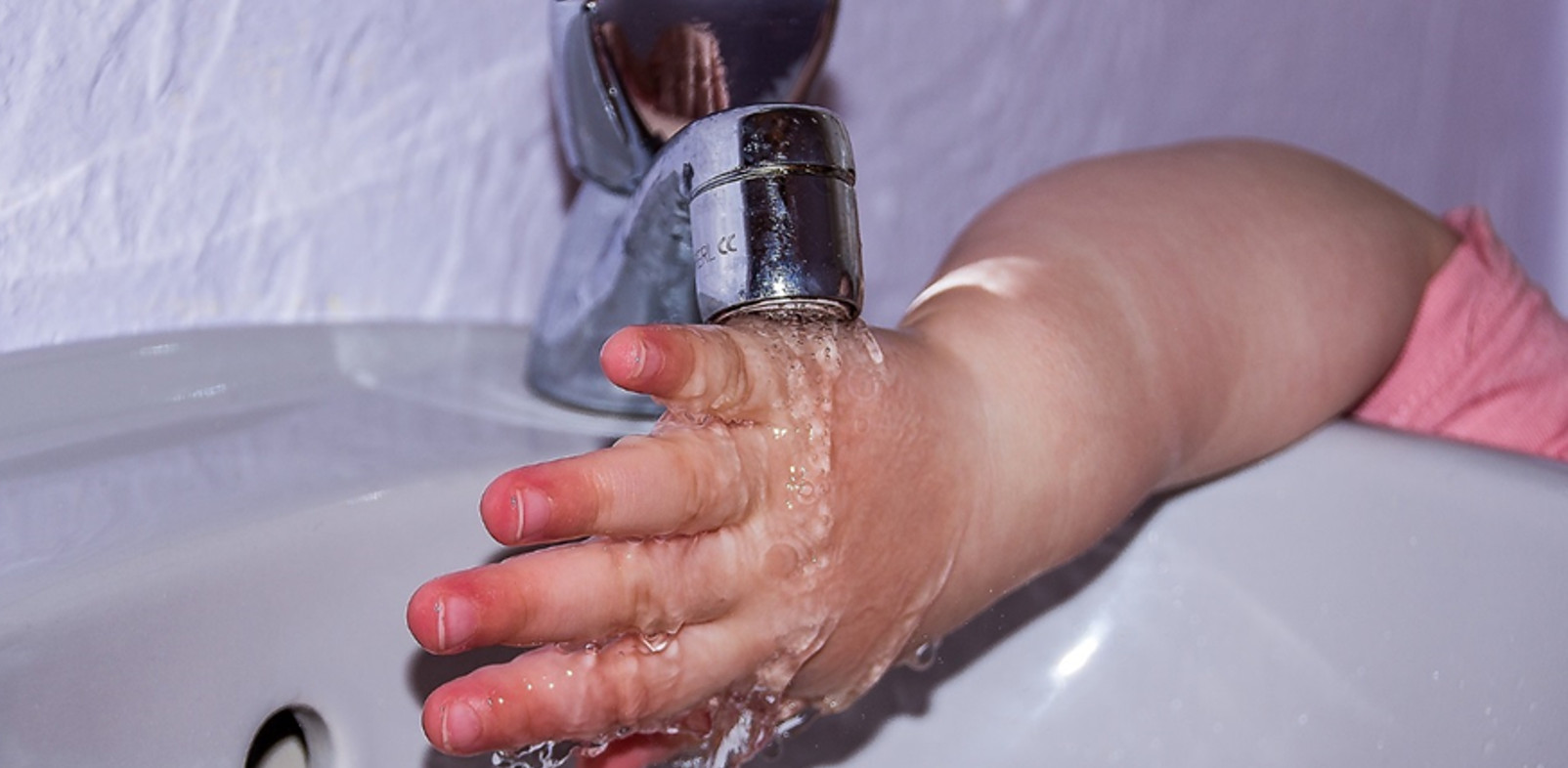Counselling therapy is recommended to assist your child in reducing symptoms of Obsessive Compulsive Disorder (OCD). Counselling services can also provide parents with education about OCD and strategies that parents can engage in to reduce symptoms of OCD at home.
Educate your child about anxiety; ask professionals for help when needed! For younger children, it is helpful to encourage them to label or name their anxiety to assist then in identifying their symptoms of anxiety. Educate your child about how their behaviour choices may reinforce and increase their anxiety. For example: when we follow routines or rituals, anxiety gets bigger. When we face our worries and find more effective ways to cope, anxiety gets smaller.
Reduce parent-assisted rituals. When possible, encourage your child to eliminate certain aspects of their routines or rituals in a graded-manner. If your child relies on you to complete certain rituals, such as a goodnight routine, try to make slight changes in the routine over-time.
Encourage your child to seek the truth about obsessions. Encourage your child to examine the facts: 1. How many times has their thought come true? 2. What is the likelihood of their thought coming true? 3. What most likely is going to happen?
Address reassurance-seeking behaviours. When your child asks the same questions, encourage them to answer their own questions or when needed assist them to answer their own questions. For example, if your child asks: What if I get it wrong? Is this right? You can answer, “ What if it isn’t right, what would happen?” or “ You already know the answer to that question,” or “ What do you think? How could you handle that?” When needed, parents are encouraged to actively ignore questions that children repeat (to alleviate their anxiety) and to encourage children to develop the skills to answer their own questions.
Praise your child for facing situations that they would commonly avoid due to their anxiety. When children face their worries, the anxiety gets smaller.
Practice daily relaxation exercises with your child to assist them in reducing the physical symptoms of anxiety (increased heartbeat, increased breathing, tight chest, difficulty concentrating).
